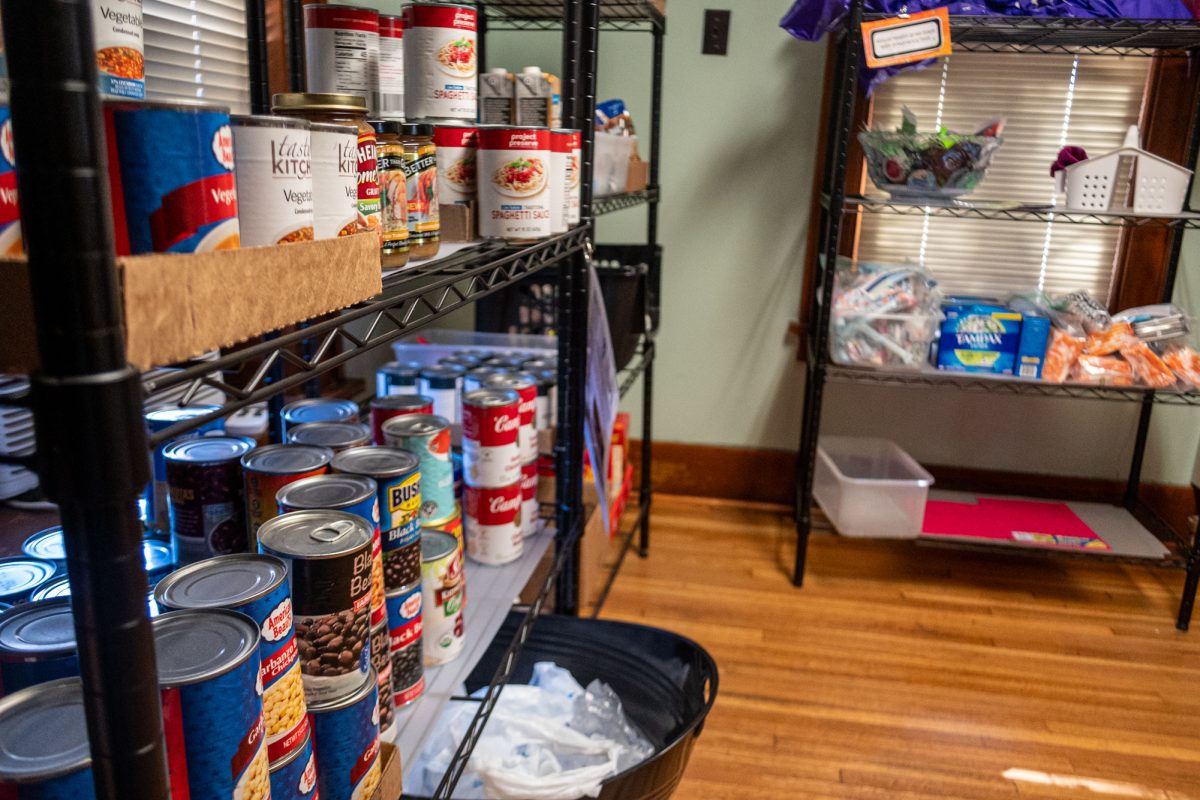EDITORIAL: Classification system for sex offenders is flawed
July 27, 2005
With all the recent sex crimes in Iowa involving children, we understand the need for some type of reform with the sex offender registry and relevant punishment.
We can accept some of the provisions of the new legislation passed this summer. Sex offenders now have to submit a DNA sample, notify the state when they move and can expect that local schools in their new areas will be notified.
If he or she re-offends in a violent manner, he or she can expect a life sentence.
We can accept all that. In fact, these will probably work better for protecting children.
But now, when sex offenders are convicted and released into the community, they will be assessed on their risk to re-offend.
Sounds reasonable, but look at this hypothetically.
Boy and girl are dating. Boy is 18 and girl is slightly younger, a minor. Girl’s parents do not approve and when they find out the young couple is sexually active, they take criminal action against the boy.
He goes to court, probably gets community service and some fines. What is his risk to re-offend?
Our guess is, he would be classified under “high.”
The risk classifications imposed by the new legislation do not take into account the circumstances surrounding the charge. The title “sex offender” carries a lot of weight.
Such a stigma could ruin a person’s life, making it difficult to get jobs, make friends and have healthy relationships. Some criminals deserve that weight.
But the above situation happens too often to get discounted.
When these offenders go to court, the punishment assigned to them is sensitive to the crime committed. If the state doesn’t do a “one-size-fits-all” sentencing, why should it do so with registry?
According to an American Civil Liberties Union press release, similar sex offender registration tactics in Connecticut have been found in a federal court to be a breach of due process.
Criminals in Connecticut, the ruling said, should be given the chance to prove they are not dangerous to the community.
We think sex offenders in Iowa deserve the same opportunity.
The tragedies surrounding the 10-year-old Cedar Rapids girl, Jetseta Gage, and 5-year-old Evelyn Miller of Floyd are instances where the system didn’t do its job. But that does not mean law should have a knee-jerk reaction, taking away civil liberties in the process.
Sex offenders should have the opportunity to explain themselves before they are labeled “high risk.”






